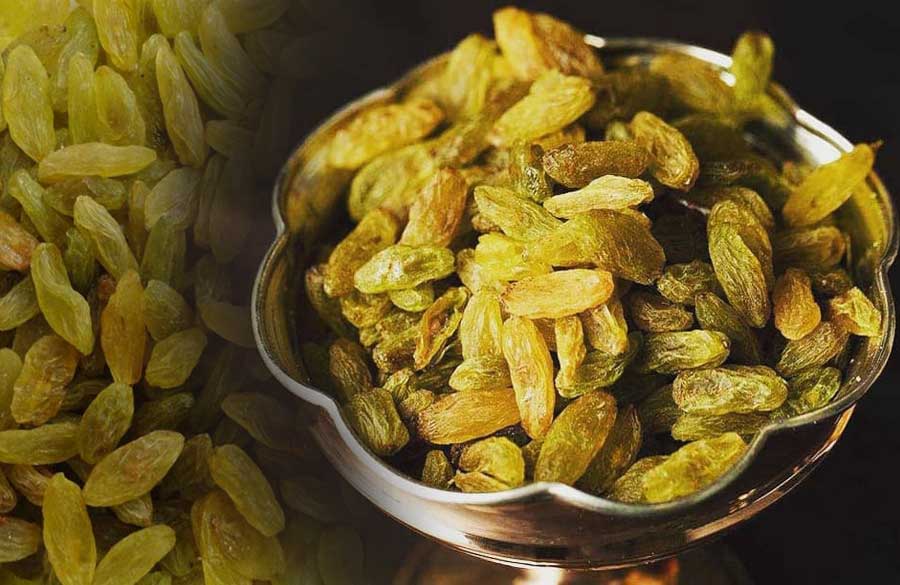Sultanas are a type of bitter orange. They are also known as sultana oranges, Spanish oranges, and anger oranges. They are small and round, with a thin peel and a bitter, acidic taste. When eaten in moderation, sultanas are an excellent source of protein, dietary fibre, and healthy fats. In fact, sultanas are the ultimate source of healthy citrus fruits. Let’s learn more about them.
What are sultanas?
Sultanas are a type of bitter orange. They are small and round, with a thin peel and a bitter, acidic taste. They are eaten in moderation but are an excellent source of protein, dietary fibre, and healthy fats.
Nutrition Value of Sultanas
Sultanas are a type of orange that is also known as sultana oranges, Spanish oranges, and anger oranges. They are small and round, with a thin peel and a bitter, acidic taste. When eaten in moderation, sultanas are an excellent source of protein, dietary fibre, and healthy fats. In fact, sultanas are the ultimate source of healthy citrus fruits. Let’s learn more about them. The Nutrition Facts for Sultanas give you an idea about the number of different nutrients they contain. Sultanas have 9 grams of carbs per 100 grams, 2 grams of sugars per 100 grams, 0 grams of gluten-free grams, 10 millilitres of water per 100 grams, and three calories per 100 grams–all indicative of healthy fruit!
How to eat sultanas?
Sultanas are best eaten when they are still in their immature state, as they will have a harder time turning into a sweet orange. You can either eat them whole or put them in a smoothie, yogurt or salad. Sultanas are also great for adding to your breakfast or lunch because they contain a lot of protein and healthy fats.
Bitter Fruit vs. Health Benefits of Sultanas
Sultanas have many health benefits that outweigh the negative effects they may have on the body. For example, they are an excellent source of protein. Sultanas contain up to 21 grams per serving, which is more than most other types of fruits. Additionally, they are a good source of dietary fibre and healthy fats. Sultanas also have antioxidant properties that protect against harmful damage to cells and tissues in the body.
Cons of Sultanas
The first thing you’ll notice about sultanas is that they are small. They’re about the size of a grapefruit, and they have a thin, ridged peel. Sultanas are also a little tart but in a good way. The tartness comes from the sugar content of the orange pulp. Sultanas are also a good source of dietary fibre, vitamin C and antioxidants. Finally, sultanas are an excellent source of healthy fats. They contain medium-chain triglycerides (MCTs), which can help you lose weight or improve your energy levels.
Bottom Line
on Sultanas Sultanas are a type of bitter orange. They are also known as sultana oranges, Spanish oranges, and anger oranges. They are small and round, with a thin peel and a bitter, acidic taste. When eaten in moderation, sultanas are an excellent source of protein, dietary fibre and healthy fats. In fact, sultanas are the ultimate source of healthy citrus fruits. Let’s learn more about them.

